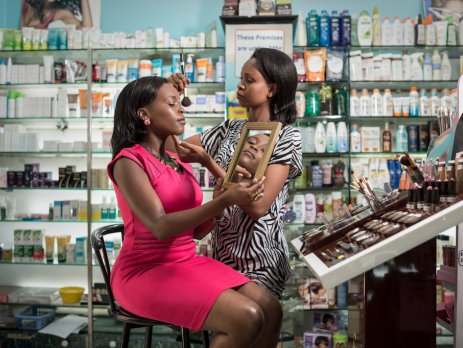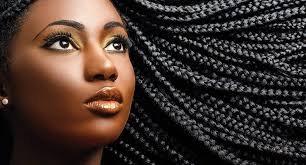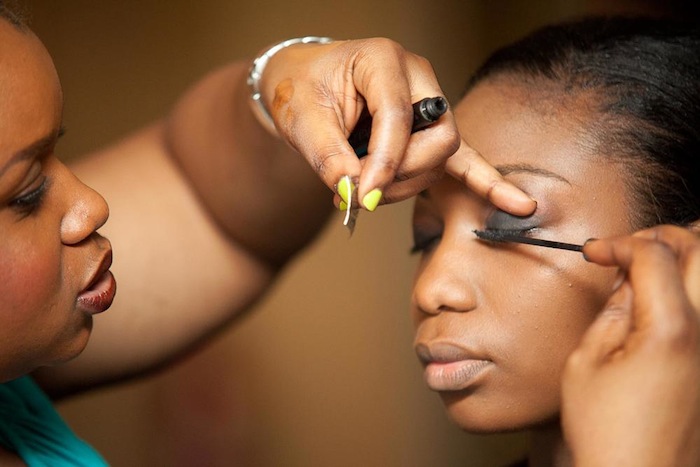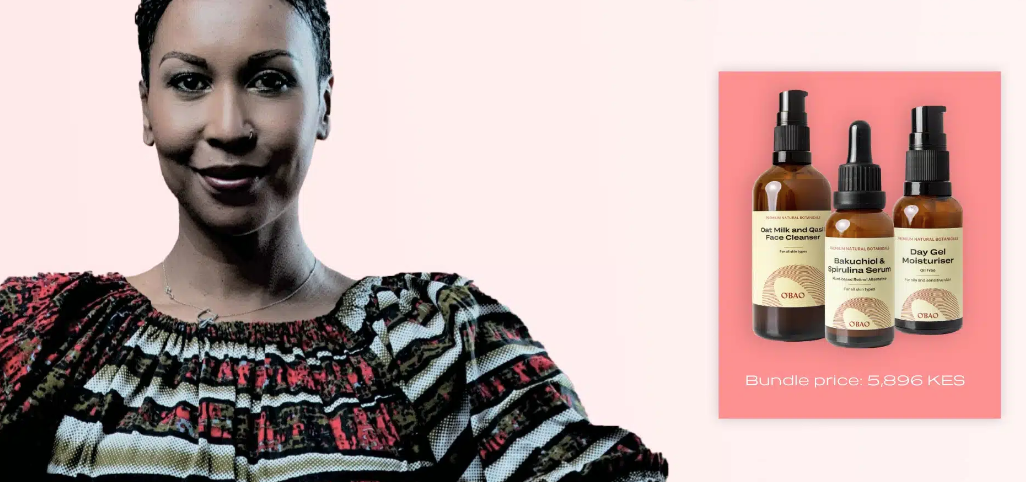The Growing Market for Halal Cosmetics
The halal beauty market has already taken off in the Middle East and Asia, but now it’s set to become established in the West. Therefore, there is an opportunity for natural and organic brands to easily adjust their ingredients and production methods to meet halal certification.
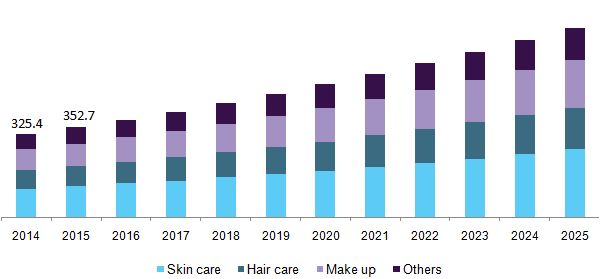 The worldwide halal cosmetics market is estimated to grow at a CAGR of 6.0% between 2023 and 2030. The market is projected to witness significant growth over the forecast period, primarily due to the growing Muslim population across the globe. In addition, the growing population of absolute vegans worldwide is acting as another driver propelling the halal cosmetics market growth.
The worldwide halal cosmetics market is estimated to grow at a CAGR of 6.0% between 2023 and 2030. The market is projected to witness significant growth over the forecast period, primarily due to the growing Muslim population across the globe. In addition, the growing population of absolute vegans worldwide is acting as another driver propelling the halal cosmetics market growth.
The term "halal," as it applies to cosmetics, simply means products that have been manufactured, produced and composed of ingredients permissible under Islamic Sharia law. Other ingredients are deemed "haram," meaning their consumption is forbidden. While cosmetics are usually applied topically, the skin is the body's largest and most absorptive organ — as Gwyneth Paltrow and other advocates of natural beauty products would be the first to remind you — so it's plausible that users still consume ingredients indirectly. Hence, many religious Muslims seek alternatives to mainstream makeup brands.
Rise of the Mipster
Theresa Yee, Beauty Editor for trend forecaster WGSN, says the Muslim hipster, or ‘Mipster’, is a growing demographic. These consumers are looking for brands that don’t 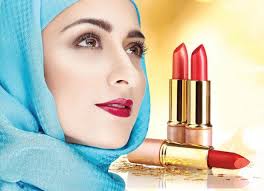 compromise on their faith or religion while finding products that fit into their 21st century lifestyles. She adds: “As Halal beauty products are formulated with natural ingredients and are vegan and vegetarian-friendly, there is potential for brands to reach out to non- Muslim consumers as well as those who are interested in vegan and organic beauty products.” Nails Inc., for example, has produced a wash-off polish for daily prayer.
compromise on their faith or religion while finding products that fit into their 21st century lifestyles. She adds: “As Halal beauty products are formulated with natural ingredients and are vegan and vegetarian-friendly, there is potential for brands to reach out to non- Muslim consumers as well as those who are interested in vegan and organic beauty products.” Nails Inc., for example, has produced a wash-off polish for daily prayer.
Halal nail polish has already become a big seller. Muslim women have to perform ablution before praying five times a day, and it’s unanimously agreed upon that water must touch the surface of the nail for the ritual to be done completely. Therefore, water/oxygen permeable nail polish allows for women to don their favourite mani and still observe a compulsory pillar of their faith.
According to a recent report by Grand View Research, the global halal cosmetics market was valued at 16.32 billion USD in 2015 and it's expected to reach 52.02 billion USD by 2025. Why the sudden uptick? The halal market isn't trying to be the next health craze boasting the latest and greatest; rather, it's filling a void in the industry for which there was always a demand. Muslims comprise more than 23 percent of the global population, according to a Pew Research Center estimate, and younger generations are emerging as conscious consumers. Their purchasing power has merely amplified the demand for a developing halal market and, as a result, companies are being pushed to diversify their product offerings. They're therefore now more than ever obliged to comply with halal certification requirements that are increasingly necessary to export to certain countries — so a lot more labels are being disseminated.
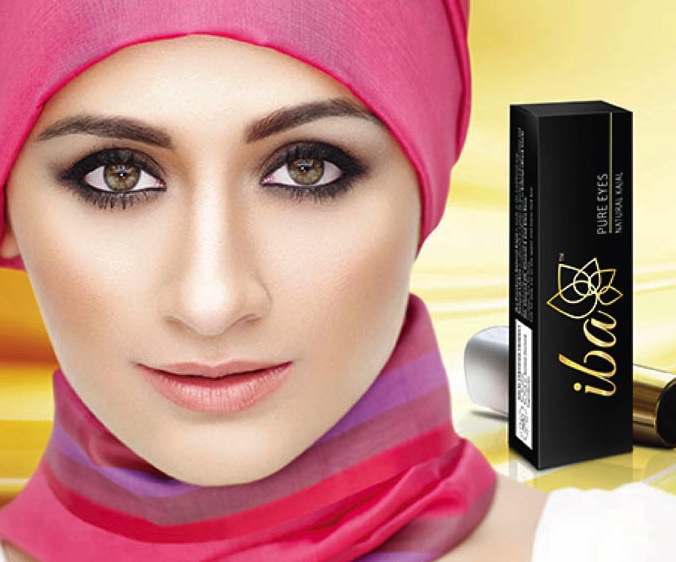 "The demand has always been there worldwide, especially in Muslim countries," says Safia Ghanim, technical auditor and manager of the ISWA Halal Certification Department at the USA Halal Chamber of Commerce, Inc. "Halal isn't another trend. For Muslims, Islam is our way of life, which includes consuming and using Halal products."
"The demand has always been there worldwide, especially in Muslim countries," says Safia Ghanim, technical auditor and manager of the ISWA Halal Certification Department at the USA Halal Chamber of Commerce, Inc. "Halal isn't another trend. For Muslims, Islam is our way of life, which includes consuming and using Halal products."
Opportunities ahead
Amarjit Sahota, founder of Ecovia Intelligence (formerly Organic Monitor) told Cosmetics Business: “A small number of brands are catering to this growing segment by developing cosmetics that are certified natural/organic and halal.” Examples include the UK’s Saaf Skincare and the UAE’s SCO, which is considering seeking halal certification.
“Our products are made with certified organic ingredients, do not contain alcohol or animal byproducts and are tested on willing humans, so we fit into both categories. Therefore, it makes sense for us to go for a halal certification,” says founder of Shirley Conlon Organics (SCO).
Halal certification explained
The Halal Cosmetics Company, created by Salma Chaudhry under the brand Halalcosco, is first halal certified brand to launch in a major supermarket chain in the UK. Halalcosco’s range, including skin care and cleansing products, was launched exclusively in Asda stores in May 2017.
Salma Chaudhry, the owner of Halalcosco, was named Entrepreneur of the Year at the Fusion Awards. She will be at this year’s Cosmetic Business Regulatory Summit presenting an overview of the regulatory parameters for halal certification.




